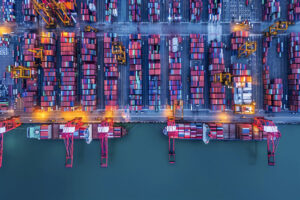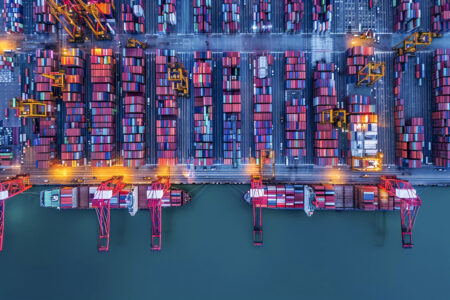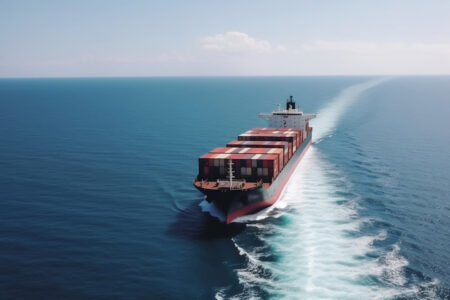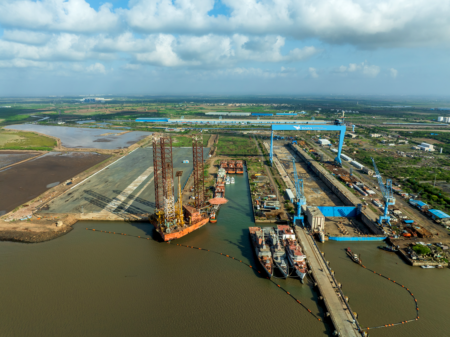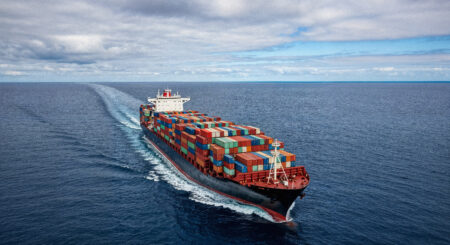In a recent analysis, V. Raju, Head of Contract Logistics, Allcargo Supply Chain, sheds light on the alarming situation unfolding in the Red Sea. The Red Sea shipping lane, crucial for the global economy with approximately 12 percent of worldwide trade passing through annually, is under threat due to escalating attacks by the Iran-backed Houthi rebels’ militia.
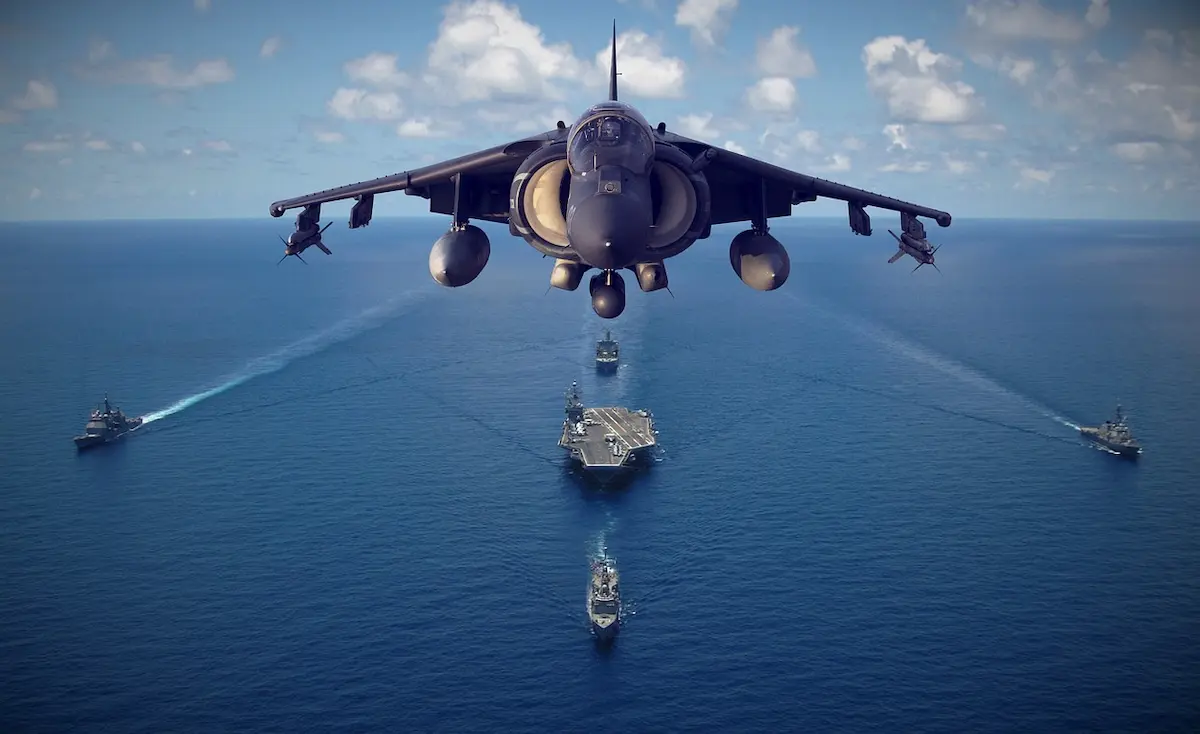
Targeting vessels they believe are Israel-bound, the Houthis pose a significant risk to global maritime trade. With continued support and funding from Iran, these rebels are conducting unprovoked attacks on civilian infrastructure and commercial shipping. This disruption not only compromises maritime security but also jeopardises international commercial trade.
The impact is severe, with major shipping companies opting to avoid the Red Sea altogether. The Houthi rebels’ indiscriminate attacks on all passing ships create a substantial hindrance and blockade for vessels heading to South Asian and Far East countries. The resultant logistics challenges and increased voyage costs further exacerbate the situation, prompting a re-evaluation of maritime routes in the face of escalating danger.
Impact of Rebel Attacks on Red Sea Shipping:

- Escalation of Logistics Costs: The persistent rebel attacks result in soaring logistics expenses, burdening businesses with increased operational costs.
- Delayed Shipping Schedules: Ongoing threats disrupt shipping schedules, causing significant delays in the transportation of goods and affecting timely deliveries.
- Equipment Schedule Disruptions: Heightened risks in the Red Sea create disruptions in equipment schedules, hampering industries’ access to crucial resources.
- Widening Regional Conflict: Houthi attacks risk expanding into a broader regional conflict, jeopardising gas supplies to Europe and disrupting oil and chemical flows to South Asia.
- Global Trading Chaos: Cumulative effects create a chaotic global trading scenario, prompting businesses to reassess trade routes and strategies amid increased uncertainty.
Securing the Seas
The U.S. has launched a new military effort in the Middle East, forming a coalition to protect the Red Sea, North Arabian Sea, and western Indian Ocean from sophisticated attacks by Iranian-sponsored terrorists linked to the Houthi rebellion in Yemen. Despite continuous military efforts by the U.S. and its allies, ship attacks persist. As a result, ship owners are opting to reroute through the Cape of Good Hope, abandoning the Red Sea route to safeguard both vessels and crews.
In response, India has deployed three naval destroyers and missile ships, supported by air force aeroplanes, to create a safety net for sailing vessels in the affected area. Given the Houthi rebels’ strength, supported by Tehran and other allies, a more deterrent action is considered necessary. The proposed action, if implemented, would align with the current global scenario and discourage rebel nations from initiating further attacks on ships.
- On-board security team deployment on ships crossing the Red Sea.
- Sharing intelligent information amongst trading nations.
- Include more strategic partners in this concerted global effort.
- Public-private cooperation in shipping.
- Initiating heavy military action against these rebels.
- Wide-area surveillance for a protracted period.
- Strike the sponsors of the rebels’ oil and gas platforms, its port facilities, its patrol vessels, etc.
Without the initiation of the aforementioned actions, Houthi rebel attacks are likely to persist. Defenders’ inaction may embolden rebels to target more ships in the Red Sea. This could signify Iran’s indirect communication about its capabilities and the potential impact of its actions if Tehran decides to flex its military muscle directly.
Hence, the coalition of U.S.-led nations should consider limited bombing of Iranian targets and robust missile strikes against the Houthi rebels, ensuring significant damage or even their obliteration. This strategy is crucial until the rebels are eradicated and Tehran ceases its support.
Ships must navigate cautiously in convoys under military protection in the Red Sea, also utilising the Cape of Good Hope. India’s collaboration is essential, emphasising the importance of united action against rebel attacks in the ocean waters, as no nation can effectively stand alone in the face of such threats.



